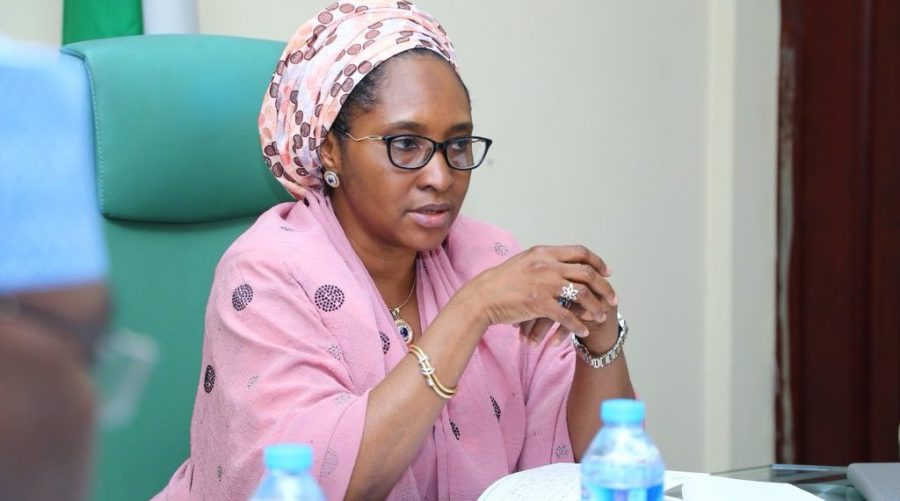As the Nigerian Government is trying to raise revenue through the increase of Value Added Tax (VAT), the Minister of Finance, Budget and National Planning, Zainab Ahmed has lamented Nigeria’s poor collection rate of VAT, saying it is 0.2%, lower than the African average of 0.33%.
This was made public at the 25th Nigerian Economic Summit (NES) yesterday.
[READ MORE: Famfa oil boss, Folorunso Alakija reacts to VAT increment]
Reasons for VAT increase: Zainab Ahmed said poor collection rates, the need to meet capital expenditure and raise funds to finance the new wage requirement were reasons behind the proposal to raise VAT from 5% to 7.5%.
“This Administration remains committed to increasing finance for investment health and education, to improve our human capital development indices. However, our target is also to increase funding for capital expenditure such that this constitutes at least 30% of Federal budgeted expenditures. Given these aspirations, the government has been compelled to review our fiscal policies including the proposed VAT rate increase.”
“Nigeria’s VAT as a share of GDP in Nigeria has declined from 1% in 2010-2013 to 0.8% in the last four years (2015 – 2018). This is significantly below the median of 5 percent of GDP in other comparable African countries. Nigeria’s low VAT-to-GDP is attributable to the low nominal VAT rate, which at 5% is the lowest in the African region (which averages at about 16%)” she noted adding that the efficiency of VAT collection, at 0.2, is well below the African regional average of 0.33,” Zainab said.
Recent Developments: Earlier in June, Zainab Ahmed stated that an upward review of VAT was a follow up on the agreement reached between the Federal Government and Labour Unions following the minimum wage increase. She stressed that such a marginal increase in VAT would enable the government to handle the incremental cost of increasing wages.
Similarly, the Federal Inland Revenue Service (FIRS) has announced that effective from January 2020, it would begin to impose VAT on online transactions, both domestic and international.
The commencement date of the VAT charges on online transactions, according to Fowler, would be subject to the government’s approval.
[READ MORE: Senate rejects VAT increase, proposes 9% tax on SMS, Data usage, others]
What you should know: If approved by the federal lawmakers, the new VAT rate would take effect in 2020. In Nigeria, VAT replaced the sales tax in 1994 and was pegged at 5% by the military government of Sani Abacha.
In 2007, former President Olusegun Obasanjo increased VAT to 10% on the eve of his departure from office but it was reversed by his successor, Umaru Musa Yar’Adua, following opposition from the labour union.
In the meantime, despite wide criticisms that have greeted both the online VAT and the 7.5% VAT increase, the Federal Government considers it as the most potent channel to meet the new minimum wage implementation.
